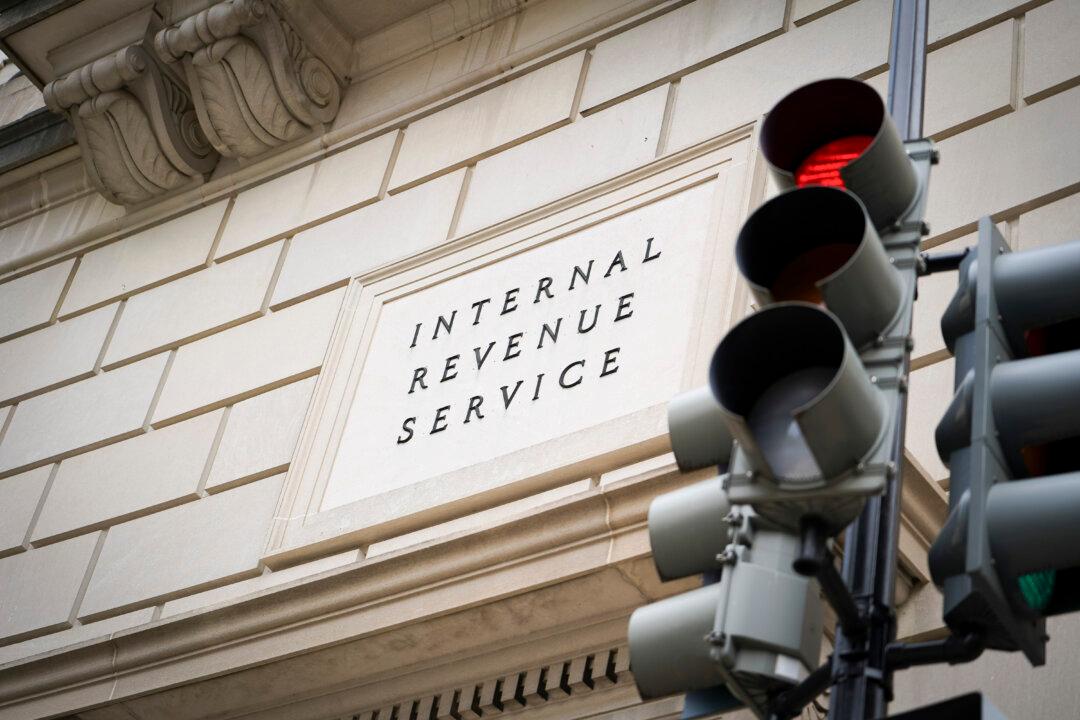The Internal Revenue Service (IRS) has announced what its various interest rates will be for the second quarter of 2024, including the rate applied for underpayment of taxes.
The Internal Revenue Code requires that the tax agency calculate and make public the rate of interest for overpayment and underpayment of taxes every quarter. The interest rates are calculated from the federal short-term rate determined in January 2024, in line with the latest revenue ruling.





